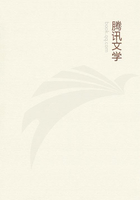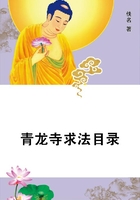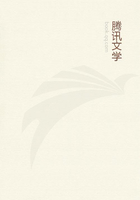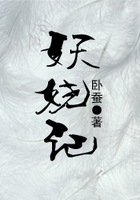"What d'ye think I am," he continued, "a boot collector? What d'ye think I'm running this shop for--my health? D'ye think I love the boots, and can't bear to part with a pair? D'ye think I hang 'em about here to look at 'em? Ain't there enough of 'em? Where d'ye think you are--in an international exhibition of boots? What d'ye think these boots are--a historical collection? Did you ever hear of a man keeping a boot shop and not selling boots? D'ye think I decorate the shop with 'em to make it look pretty? What d'ye take me for--a prize idiot?"
I have always maintained that these conversation books are never of any real use. What we wanted was some English equivalent for the well-known German idiom: "Behalten Sie Ihr Haar auf."
Nothing of the sort was to be found in the book from beginning to end. However, I will do George the credit to admit he chose the very best sentence that was to be found therein and applied it. He said:.
"I will come again, when, perhaps, you will have some more boots to show me. Till then, adieu!"
With that we returned to our cab and drove away, leaving the man standing in the centre of his boot-bedecked doorway addressing remarks to us. What he said, I did not hear, but the passers-by appeared to find it interesting.
George was for stopping at another boot shop and trying the experiment afresh; he said he really did want a pair of bedroom slippers. But we persuaded him to postpone their purchase until our arrival in some foreign city, where the tradespeople are no doubt more inured to this sort of talk, or else more naturally amiable. On the subject of the hat, however, he was adamant. He maintained that without that he could not travel, and, accordingly, we pulled up at a small shop in the Blackfriars Road.
The proprietor of this shop was a cheery, bright-eyed little man, and he helped us rather than hindered us.
When George asked him in the words of the book, "Have you any hats?" he did not get angry; he just stopped and thoughtfully scratched his chin.
"Hats," said he. "Let me think. Yes"--here a smile of positive pleasure broke over his genial countenance--"yes, now I come to think of it, I believe I have a hat. But, tell me, why do you ask me?"
George explained to him that he wished to purchase a cap, a travelling cap, but the essence of the transaction was that it was to be a "good cap."
The man's face fell.
"Ah," he remarked, "there, I am afraid, you have me. Now, if you had wanted a bad cap, not worth the price asked for it; a cap good for nothing but to clean windows with, I could have found you the very thing. But a good cap--no; we don't keep them. But wait a minute," he continued,--on seeing the disappointment that spread over George's expressive countenance, "don't be in a hurry. I have a cap here"--he went to a drawer and opened it--"it is not a good cap, but it is not so bad as most of the caps I sell."
He brought it forward, extended on his palm.
"What do you think of that?" he asked. "Could you put up with that?"
George fitted it on before the glass, and, choosing another remark from the book, said:
"This hat fits me sufficiently well, but, tell me, do you consider that it becomes me?"
The man stepped back and took a bird's-eye view.
"Candidly," he replied, "I can't say that it does."
He turned from George, and addressed himself to Harris and myself.
"Your friend's beauty," said he, "I should describe as elusive. It is there, but you can easily miss it. Now, in that cap, to my mind, you do miss it."
At that point it occurred to George that he had had sufficient fun with this particular man. He said:
"That is all right. We don't want to lose the train. How much?"
Answered the man: "The price of that cap, sir, which, in my opinion, is twice as much as it is worth, is four-and-six. Would you like it wrapped up in brown paper, sir, or in white?"
George said he would take it as it was, paid the man four-and-six in-silver, and went out. Harris and I followed.
At Fenchurch Street we compromised with our cabman for five shillings. He made us another courtly bow, and begged us to remember him to the Emperor of Austria.
Comparing views in the train, we agreed that we had lost the game by two points to one; and George, who was evidently disappointed, threw the book out of window.
We found our luggage and the bicycles safe on the boat, and with the tide at twelve dropped down the river.

